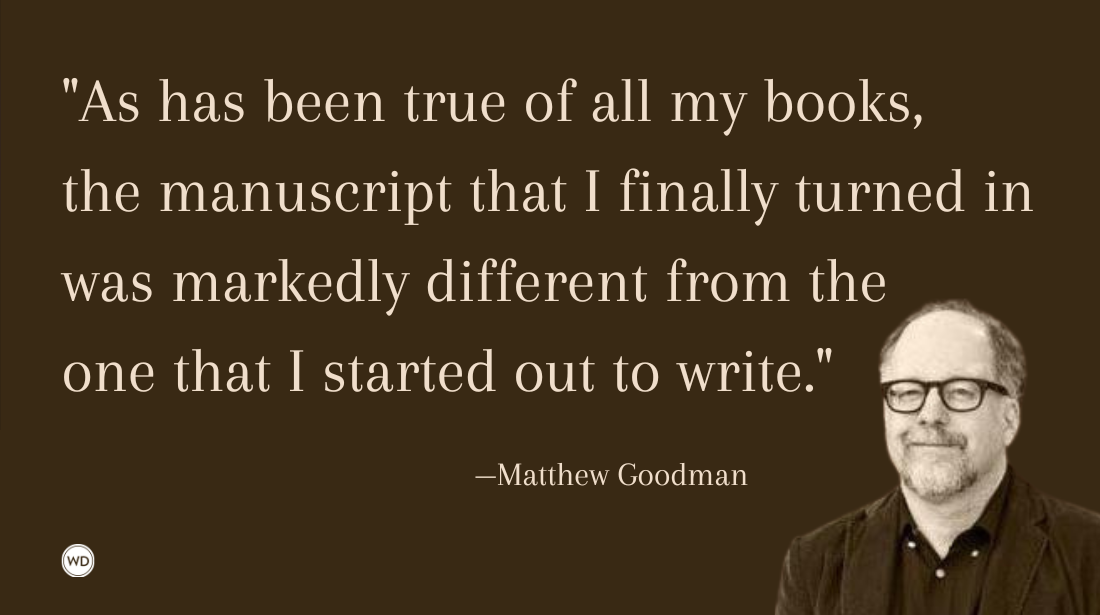Weather vs. Whether (Grammar Rules)
Let’s look at the differences between weather and whether with Grammar Rules from the Writer’s Digest editors, including a few examples of correct usages.
This week, we're going to hang around in the world of homophones with weather and whether. One word refers to the atmospheric conditions many of us observe every day, while the other is a conjunction that refers to alternative conditions or outcomes. I'm actually a little surprised I haven't covered this one before, because my baby brother makes his living as a storm chaser.
So let's look at the differences between weather and whether and when to use each.
Weather vs. Whether
Weather can be used as a noun or verb. As a noun, it refers to the state of the atmosphere in terms of temperature, precipitation, and other variables. As a verb, it can refer to the process of exposing things to the open air or to the process of making it safely through something. For instance, a person may weather a divorce or college.
Whether, on the other hand, is a conjunction that implies alternative conditions or outcomes. For instance, a person may decide whether they wish to stand outside in the rain.
Make sense?
Here are a few examples of weather and whether:
Correct: She always checks the weather before going on long trips.
Incorrect: She always checks the whether before going on long trips.
Correct: He's not sure whether he should be a clown or zombie at the costume party.
Incorrect: He's not sure weather he should be a clown or zombie at the costume party.
Here's my trick for telling these two apart: I look at the "wh" in "whether" and think of it as a question (like why, what, when, where, and who). So it's sort of asking a question about the possibilities. Then, weather has the word "earth" in it, and the atmosphere has the earth in it as well. A stretch? Maybe, but it works.
*****
No matter what type of writing you do, mastering the fundamentals of grammar and mechanics is an important first step to having a successful writing career.
Robert Lee Brewer is Senior Editor of Writer's Digest, which includes managing the content on WritersDigest.com and programming virtual conferences. He's the author of 40 Plot Twist Prompts for Writers: Writing Ideas for Bending Stories in New Directions, The Complete Guide of Poetic Forms: 100+ Poetic Form Definitions and Examples for Poets, Poem-a-Day: 365 Poetry Writing Prompts for a Year of Poeming, and more. Also, he's the editor of Writer's Market, Poet's Market, and Guide to Literary Agents. Follow him on Twitter @robertleebrewer.








